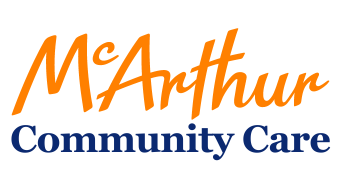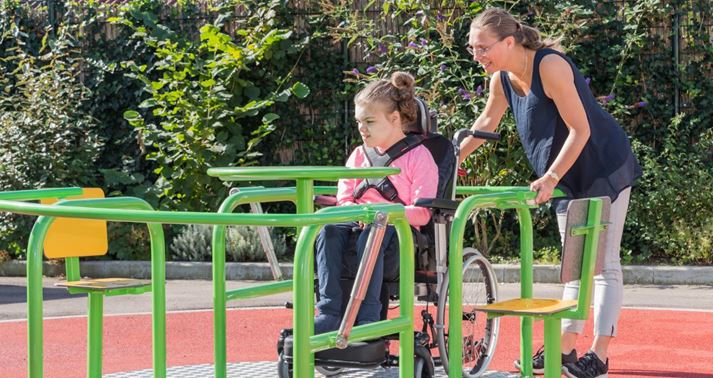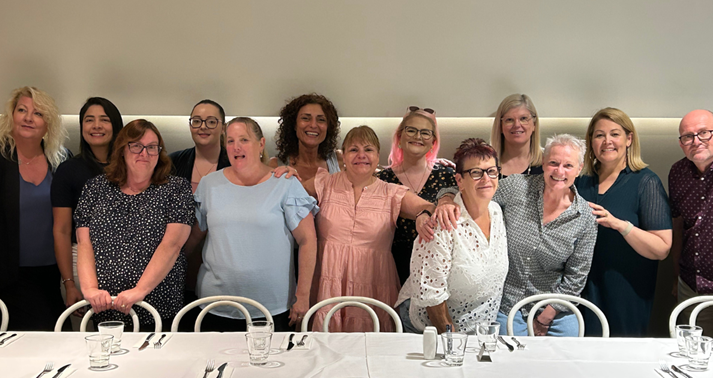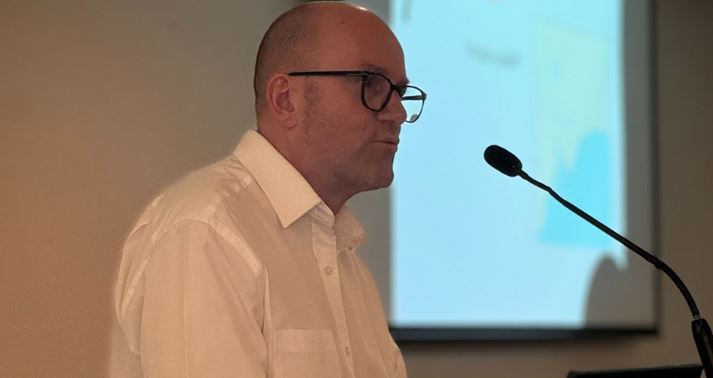NDIS Glossary: A Beginner’s Guide to the Most Common Terms
05 September, 2022

Starting your journey with the National Disability Insurance Scheme (NDIS) can feel overwhelming—especially when you're faced with new terms and acronyms. As a family member, carer or participant, understanding NDIS language can help you feel more confident and informed when making important decisions.
Here’s a simple guide to help you make sense of some of the most common NDIS terms.
NDIS
Let’s start with the basics. The NDIS stands for the National Disability Insurance Scheme. It's an Australian Government initiative that provides funding to eligible individuals with permanent and significant disability. The NDIS aims to support people with disability to achieve their goals and participate in the community.
Participant
An NDIS participant is someone whose access request has been approved, meaning they are eligible to receive NDIS funding and supports.
NDIA
The NDIA is the National Disability Insurance Agency, the government organisation responsible for implementing and managing the NDIS.
Local Area Coordinator (LAC)
A Local Area Coordinator assists people with disability to access the NDIS, understand the planning process, and connect with community and mainstream services. LACs support participants in implementing their plans and achieving their goals.
Support Coordinator
Not to be confused with an LAC, a Support Coordinator helps NDIS participants to understand and implement the funded supports in their plan. They assist in building the participant's ability to manage their own supports and work with providers to achieve the participant's goals.
NDIS Plan
An NDIS plan is a written agreement developed for each participant, outlining their goals and the supports funded by the NDIS to achieve those goals. Plans are tailored to individual needs and reviewed regularly.
You also get to choose how your funding is managed and there are three options:
- NDIA-managed: The NDIA manages the funding and pays providers directly. Participants can only use NDIS-registered providers.
- Plan-managed: A registered plan management provider manages the funding on behalf of the participant, handling financial transactions and service bookings. Participants can use both registered and unregistered providers.
- Self-managed: The participant manages their NDIS funding, paying providers directly and claiming reimbursements from the NDIS. This option offers greater flexibility and choice of providers.
You can also choose a mix of these, depending on what suits your lifestyle and confidence level.
Plan Review
Over time, your goals, needs or circumstances might change and that’s where a plan review comes in. Plan reviews give you the chance to check what’s working, what’s not, and make updates if needed. Reviews can be scheduled (usually every 12 or 24 months), or you can request an early review if something significant changes. It’s your opportunity to speak up, ask questions and make sure your plan still supports your goals and lifestyle.
Core Supports, Capacity Building & Capital Supports
NDIS funding is categorised into three support budgets:
- Core Supports: Assistance with daily living activities, consumables, transport, and participation in social or community activities.
- Capacity Building Supports: Supports that help participants build their independence and skills, such as training, employment-related support, and health and well-being services.
- Capital Supports: Investments in assistive technologies, equipment, home or vehicle modifications, and Specialist Disability Accommodation
SIL (Supported Independent Living)
SIL refers to help or supervision with daily tasks to enable participants to live as independently as possible, usually in a shared living arrangement. SIL funding covers support services but does not include rent or other day-to-day expenses.
STA & MTA
These acronyms refer to different types of short-term housing support:
- STA stands for Short Term Accommodation, also known as respite. STA provides temporary accommodation and support for a short period, giving both participants and their carers a break.
- MTA stands for Medium Term Accommodation. MTA provides temporary accommodation for up to 90 days for participants who are waiting for a long-term housing solution to become available.
Assistive Technology (AT)
Assistive Technology (AT) includes equipment or devices that assist participants in performing tasks they would otherwise be unable to do due to their disability. AT ranges from low-cost items like modified cutlery to complex devices like wheelchairs or communication aids.
Service Agreement
When you choose a service provider (like a support worker agency or therapy service), you’ll often be asked to sign a service agreement. This is a formal agreement between a participant and a service provider detailing the supports to be provided, costs, and terms and conditions. It ensures both parties have a clear understanding of what to expect.
Service Booking
Once a service agreement is in place, the provider may also create a service booking in the NDIS myplace portal. An arrangement made in the NDIS portal that allocates funding for a specific provider to deliver supports as agreed in the service agreement. Service bookings help manage budgets and ensure funds are available for the agreed services.
Reasonable and Necessary
The NDIS funds supports that are considered reasonable and necessary to help participants achieve their goals, engage in the community, and increase independence.
For a comprehensive glossary of commonly used words and phrases, please visit the NDIS Glossary
Getting the Right Support with Your NDIS Journey
Understanding NDIS terminology can make a big difference in how confident and in control you feel. You don’t need to learn everything at once but knowing the basics can help you ask the right questions and make informed choices.
If you ever feel unsure, don’t be afraid to ask your LAC, Support Coordinator or service provider to explain things in plain English. The NDIS is here to support you.
Need more help understand your plan or support services? Our team at McArthur Community Care is always here to help.
Share this Article
Related Articles
Changing NDIS Providers: How to Navigate Service Closures with Confidence
If your NDIS provider is closing services, your support does not have to stop. Discover your rights, how to switch providers with confidence, and how McArthur Community Care can ensure a smooth transition with reliable, long term support.
Learn MoreMcArthur Community Care SA Recognised for Best Practice
McArthur Community Care SA has achieved a Best Practice Rating following a recent NDIS surveillance audit, an honour awarded to only a select few providers nationwide. This milestone reflects our commitment to quality, governance, and person-centred disability support.
Learn MoreCreating a Compassionate Future for Disability Support
Empowering individuals with disability starts with equipping support workers with the right skills. McArthur Community Care advocates for quality training, respect, and inclusion to create a compassionate future for disability support.
Learn MoreBuilding Relationships: A Cornerstone of Exceptional Disability Care
Alice’s story highlights the power of person-centred disability care. Shared by Stewart Pope of McArthur Health Support, it underscores the need for tailored support over generic models, advocating for policies that prioritise relationships, safety, and dignity.
Learn More



